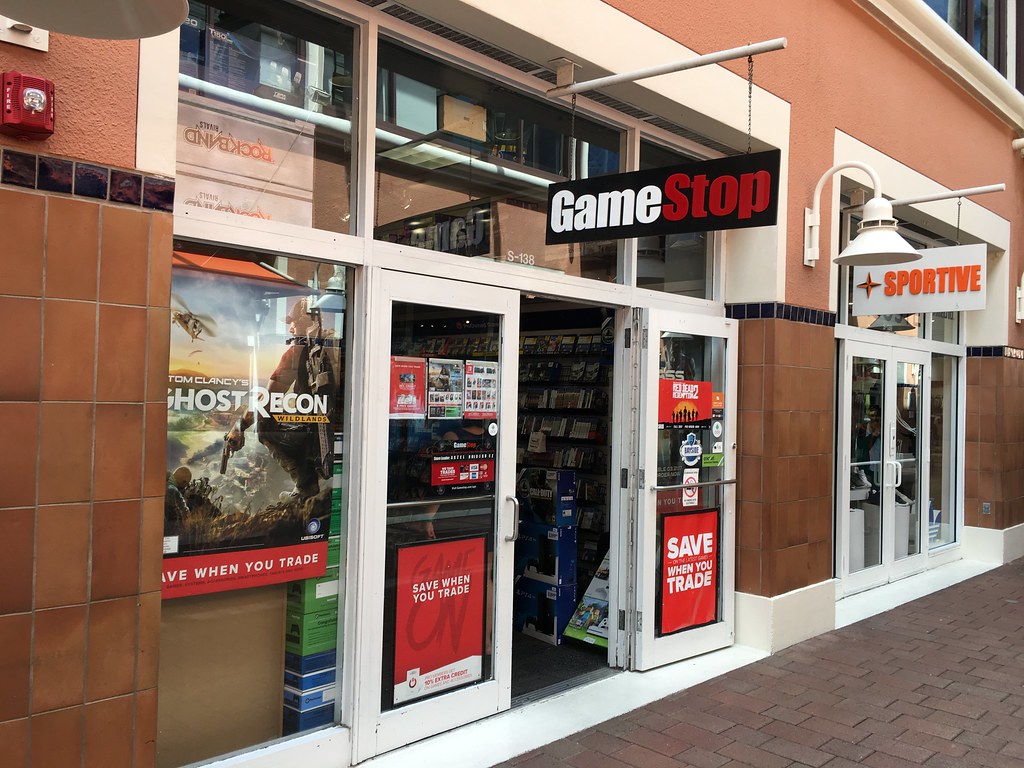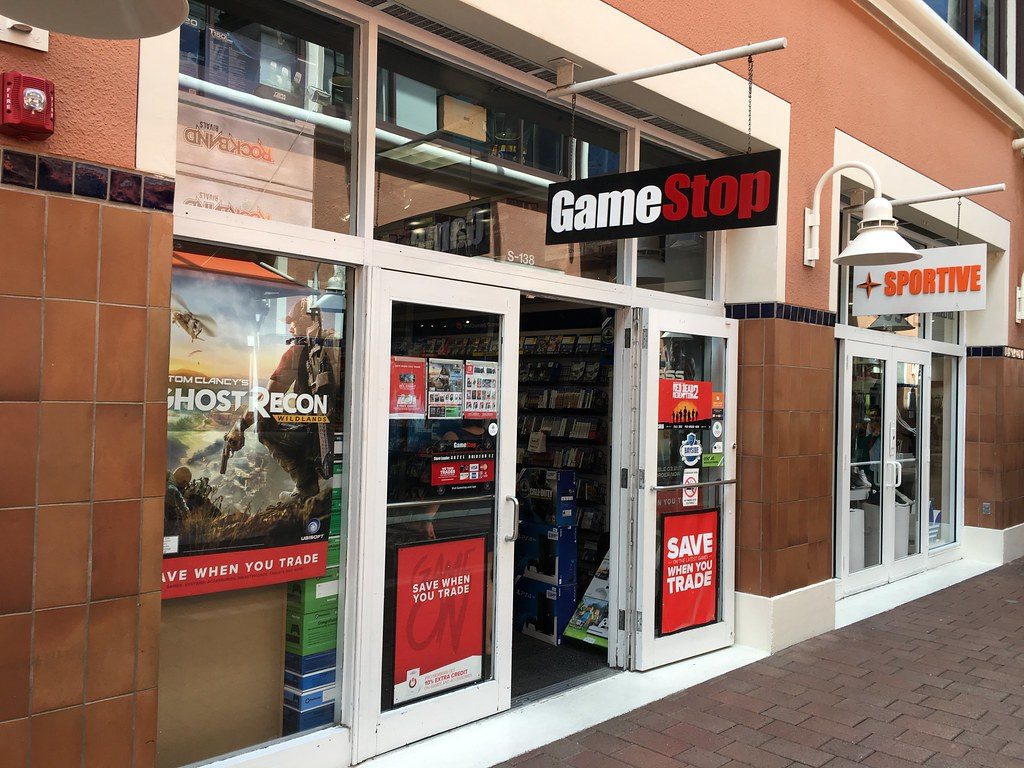GameStop has been making headlines recently due to their controversial coronavirus policies. Among other things, GameStops seem to be dangerously unprepared to meet basic safety precautions tied to the coronavirus outbreak. They’re also reportedly prepared to defy state closure orders as executives seem to be attempting to argue that GameStop offers essential services during these times.
Why is GameStop so desperate to stay open? Well, there are obviously no stores that are excited about having to close, but the situation for GameStop is reportedly especially dire. Analysts were already arguing that GameStop was fighting for its retail life even before the coronavirus spread. If GameStop is forced to close for a few months, there’s a good chance they may never re-open or never be able to fully recover.
To be honest, it’s hard to feel sorry for them even if we feel sorry for those who would lose their jobs as part of a closure, no matter how long it may be. Not only is GameStop ready to force its employees to work in dangerous situations without the promise of adequate compensation, but this is just the latest in a series of controversial GameStop corporate decisions that have been going on for years now. It’s probably time for GameStop to go.
There is one question that remains in such an event, though. If GameStop goes, what happens to the used games market?
Granted, GameStop’s used games policies aren’t always the best (the company infamously offers little money for trade-ins of even newer titles), but they’re still one of the more reliable ways to relatively easily trade in old games and buy used copies of games. These services not only cater to gamers on a budget, but it helps ensure that gamers are never stuck with titles that they really don’t intend to play again.
Used game options do exist outside of GameStop (you can obviously always sell them online) but despite all of our advancements, it’s still usually just easier to buy and sell used games via a store like GameStop. If they close, then the used game market suddenly looks a lot thinner.
The truth is that it’s not easy to imagine that digital stores will adopt straight-up used game policies. Considering that you don’t even own some fo the games that you digitally purchase (although that varies from site to site) it’s kind of tricky to sell them to someone else. Besides, a digital copy of a game is never really “used” in the sense of how we use that word to define the second-hand market.
Alternatives are possible, though. The most reasonable option would be some kind of user-to-user trade system which allows someone to essentially trade a digital key to another user for a digital key to another game. Rules would have to be set-up to regulate this, but it’s not outside of the realm of reason. There’s also a small possibility that services like GOG and Steam could allow someone to receive a small refund for a purchase after a period of time, but that feels like an unlikely policy that doesn’t really create more opportunities to buy titles on the used market.
Honestly, it sounds like one of the best “replacements” for GameStop’s used game system will be streaming services. While services like Game Pass limit you to a roster of available titles, they still let you access a greater variety of games for a reduced price. They’ll likely soon become the preferred way for people to save money and still be able to play various games.
Unless we see a new store (online or otherwise) emerge with the intentions of specifically catering to used games, the increasingly likely possibility is that the death of GameStop could mean the death of the used games market as we’ve known it. While that’s unfortunate, it doesn’t necessarily justify keeping GameStops around nor does it justify impeding the industry’s drive to find solutions to some of the problems that we’ve outlined.




